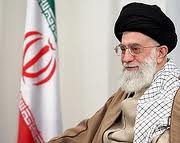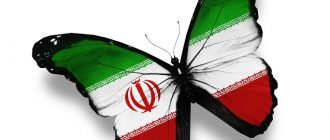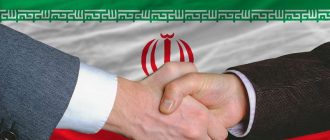The spiritual leader of Iran is Seyyed Ali Khamenei who followed Khomeini in overseeing affairs in Iran. This article is a short introduction to the man and his backgroud.
Seyyed Ali Khamenei was born in 1939, to an Azeri family in Mashhad, Iran.
Seyyed Ali Khamenei began his religious education in Iran at an early age and at one time, he studied under Ayatollah Khomeini. He eventually specialised in the study of Islamic philosophy and became a teacher in this field.
In addition to studying under the Ayatollah Khomeini, Seyyed Ali Khamenei also knew the Ayatollah Khomeini during his participation in the revolutionary supporters group of the Ayatollah during the 1960’s. During this period, Seyyed Ali Khamenei joined the revolutionary supporters in their common opposition to the anti Islamic activities and the pro American policies of the Iranian Shah.
Prior to Seyyed Ali Khamenei’s role as the Iranian spiritual leader, Seyyed Ali Khamenei was the Iranian Prime Minister. This role lasted from 1981 until 1989, when, following the death of the Ayatollah Khomeini, he was elected (with a majority of 95% of votes) by the Iranian Council of Scholars as the Ayatollah’s successors. Seyyed Ali Khamenei was also awarded the title of ‘Ayatollah’ during this time – one of the most esteemed titles within Iran.
As the Iranian spiritual leader, Seyyed Ali Khamenei has the strongest position of veto in the country. The outcomes of all democratic and political processes must go through Seyyed Ali Khamenei for approval – this means effectively that Seyyed Ali Khamenei approves the outcome of democratic elections and also appoints key Iranian figures such as leaders within the armed forces and the judiciary.
A common complaint amongst Iranis of Seyyed Ali Khamenei’s role in this respect is that the power has been used to quash reformist proposals within the country. In particular, many of the proposals and efforts of the previous Iranian President – Khatami, have been quashed. Whereas Seyyed Ali Khamenei has sought to maintain conservativism within Iran and strict adherence to certain Islamic doctrines, Khatami has sought to promote democratization and to re-engage with Western Powers. It seems however, that in view of Khatami’s popularity, Seyyed Ali Khamenei is keen to at least tolerate some elements of modernisation and progress.





